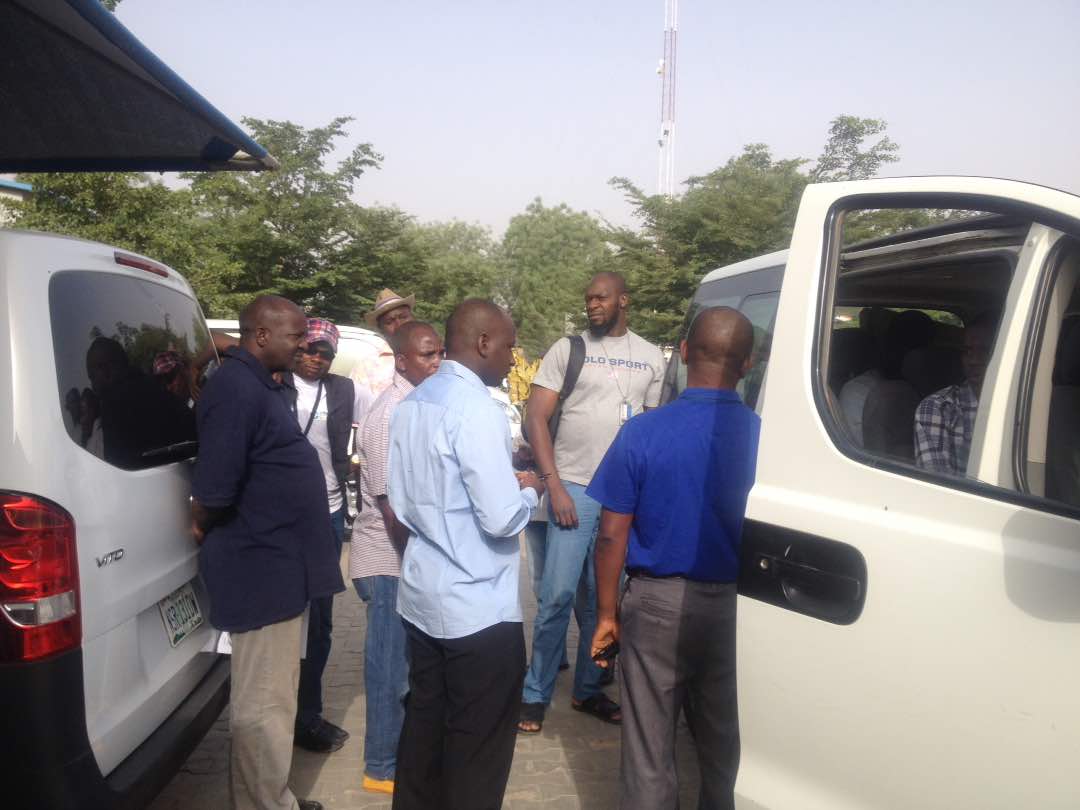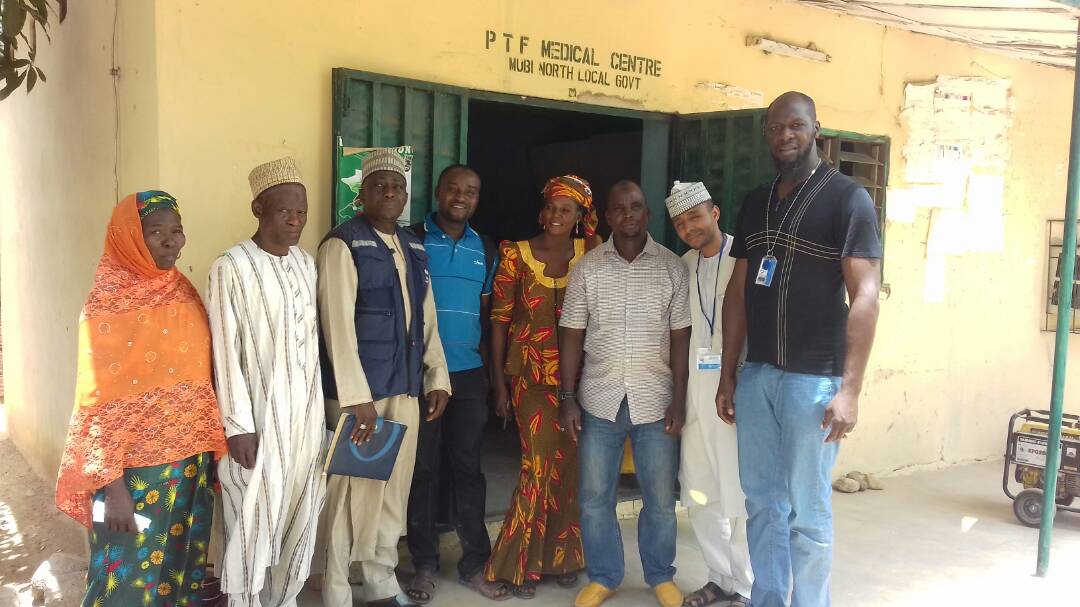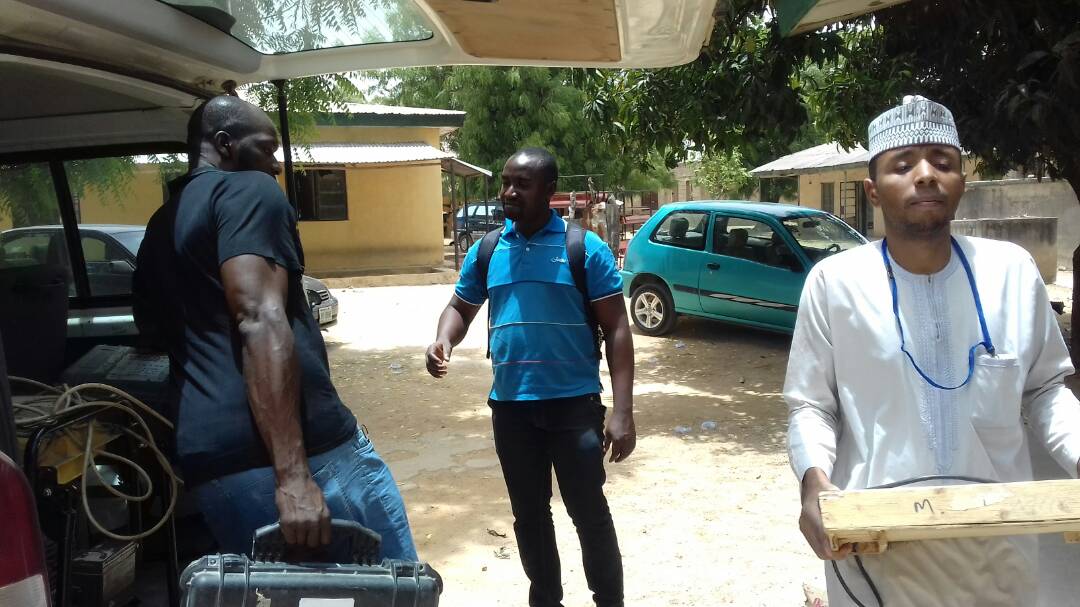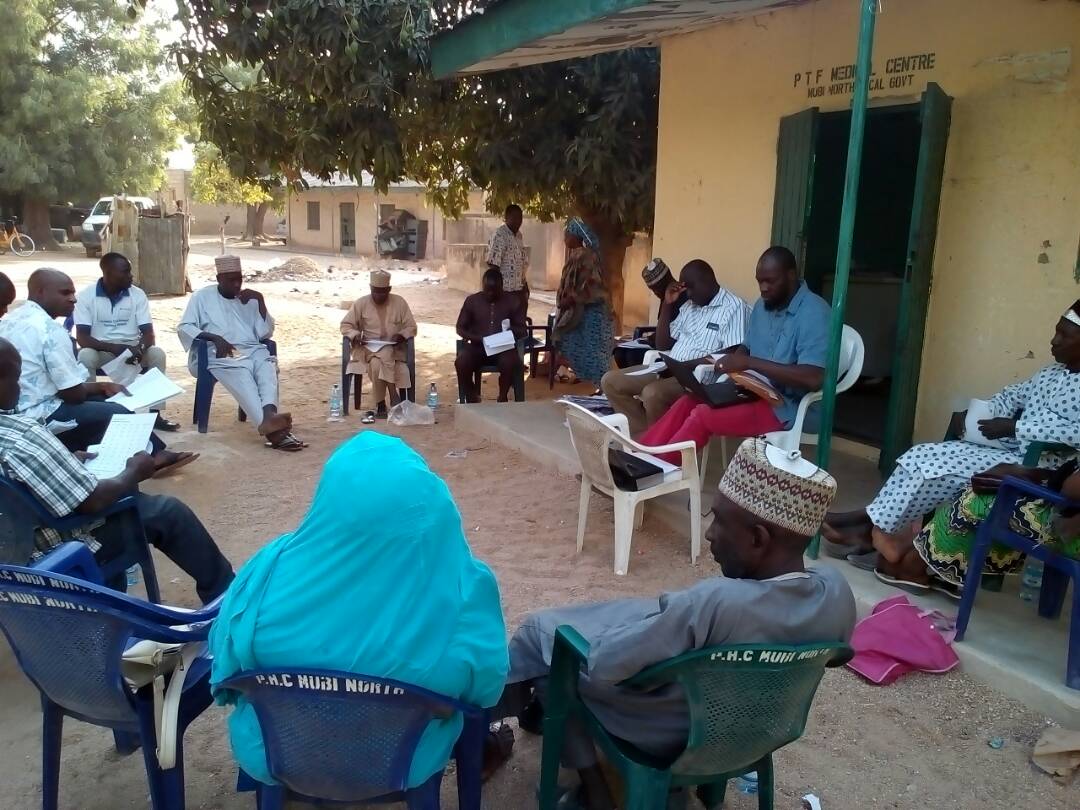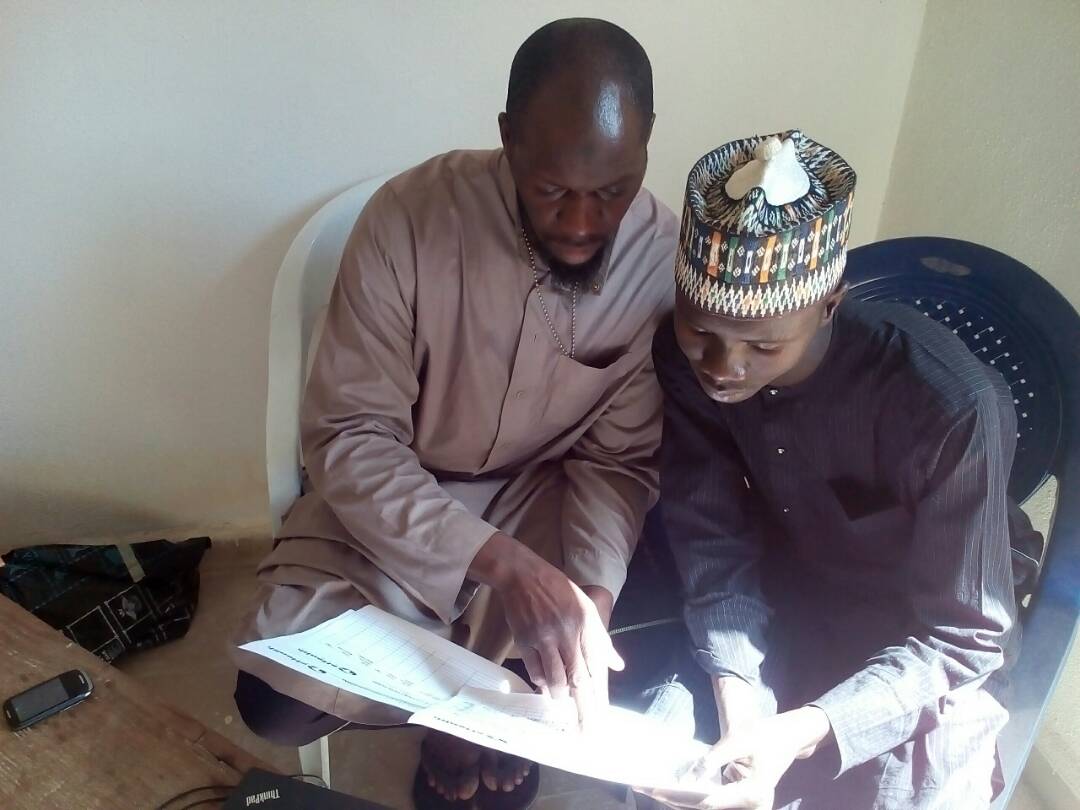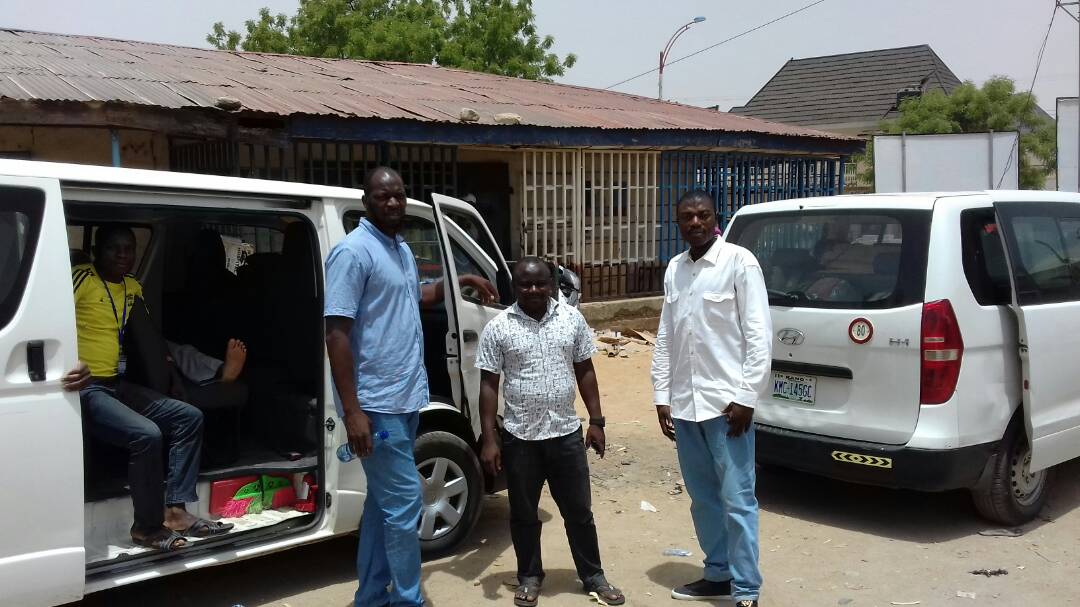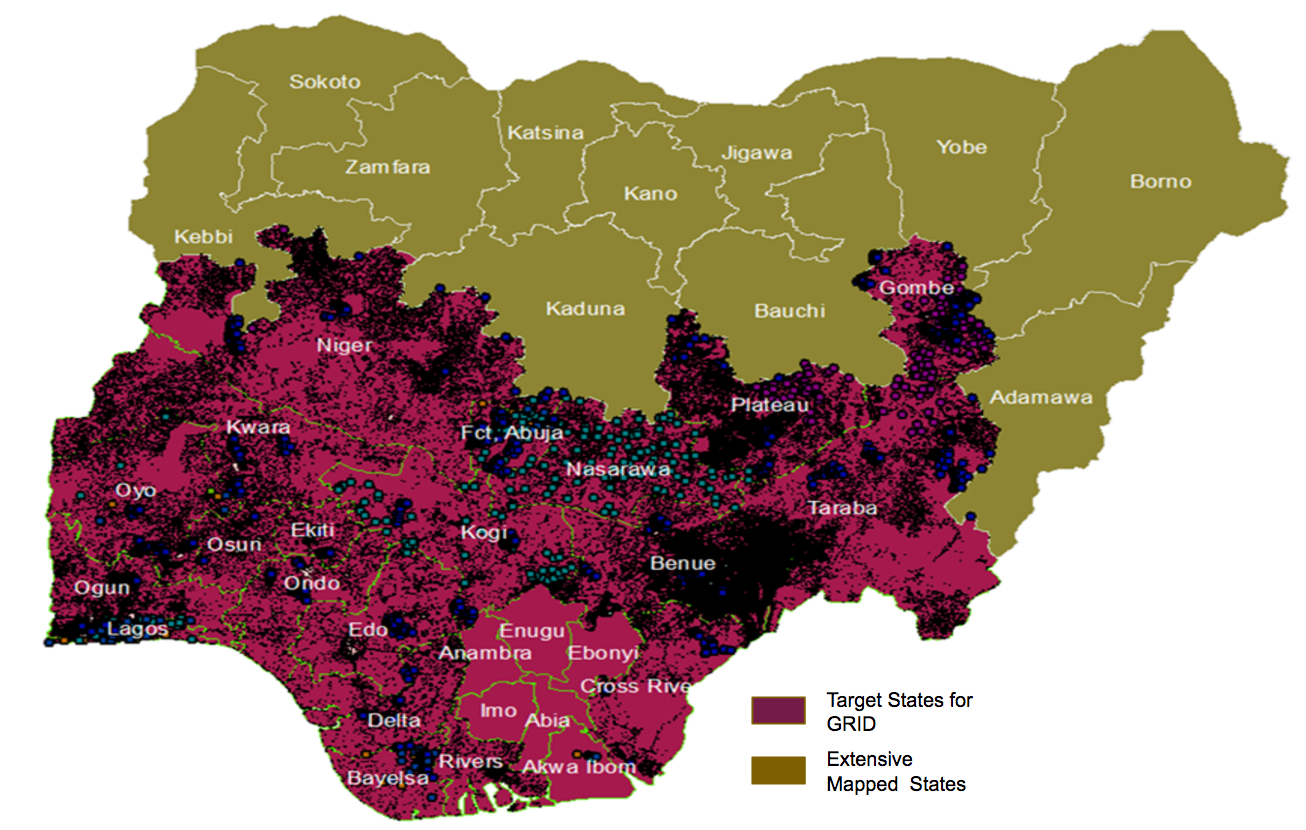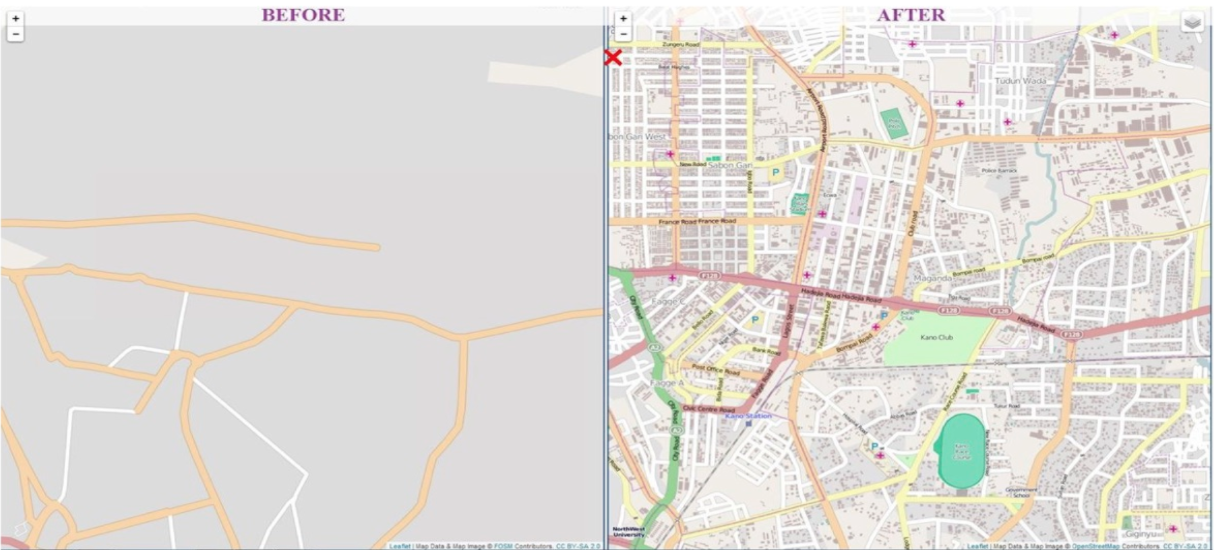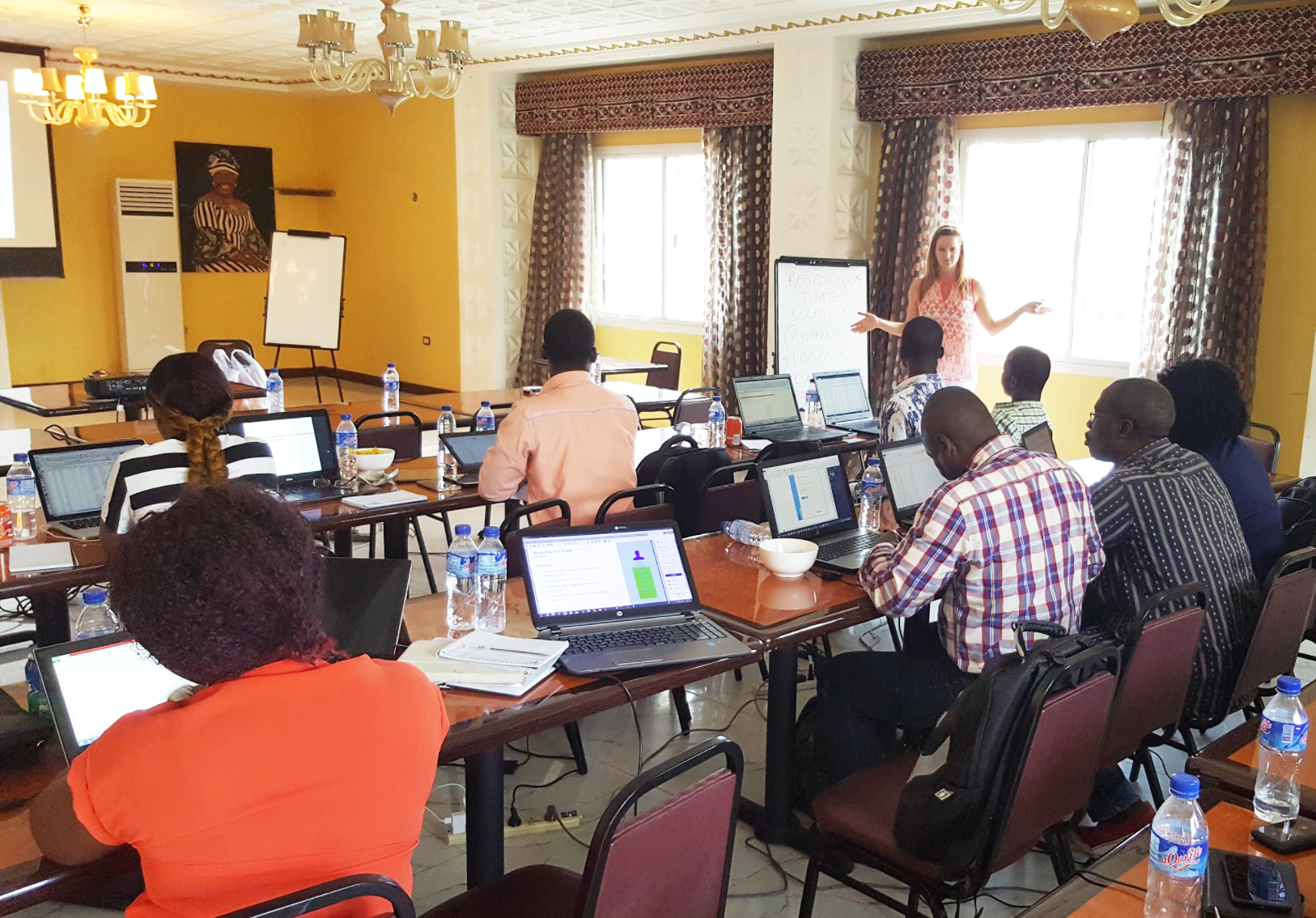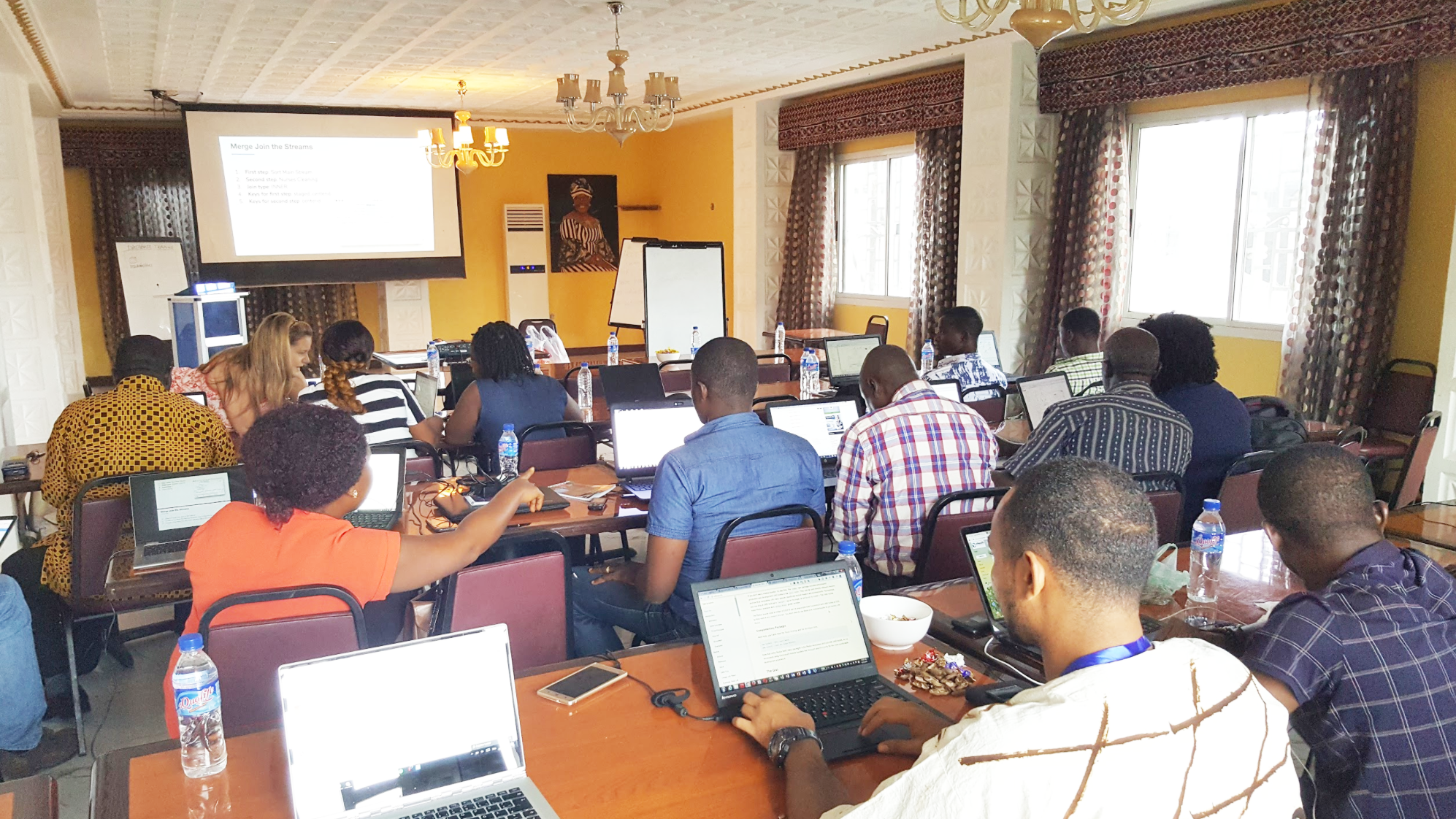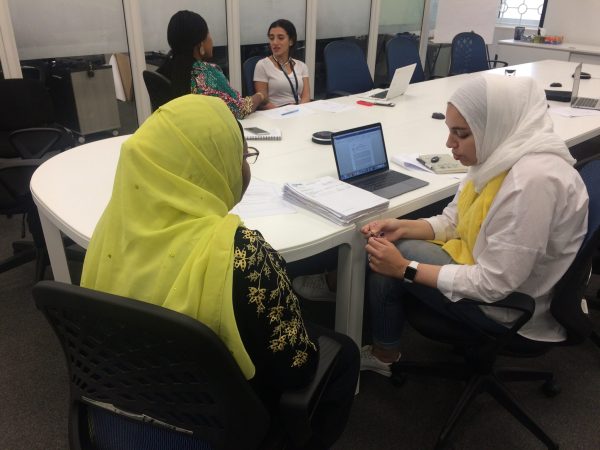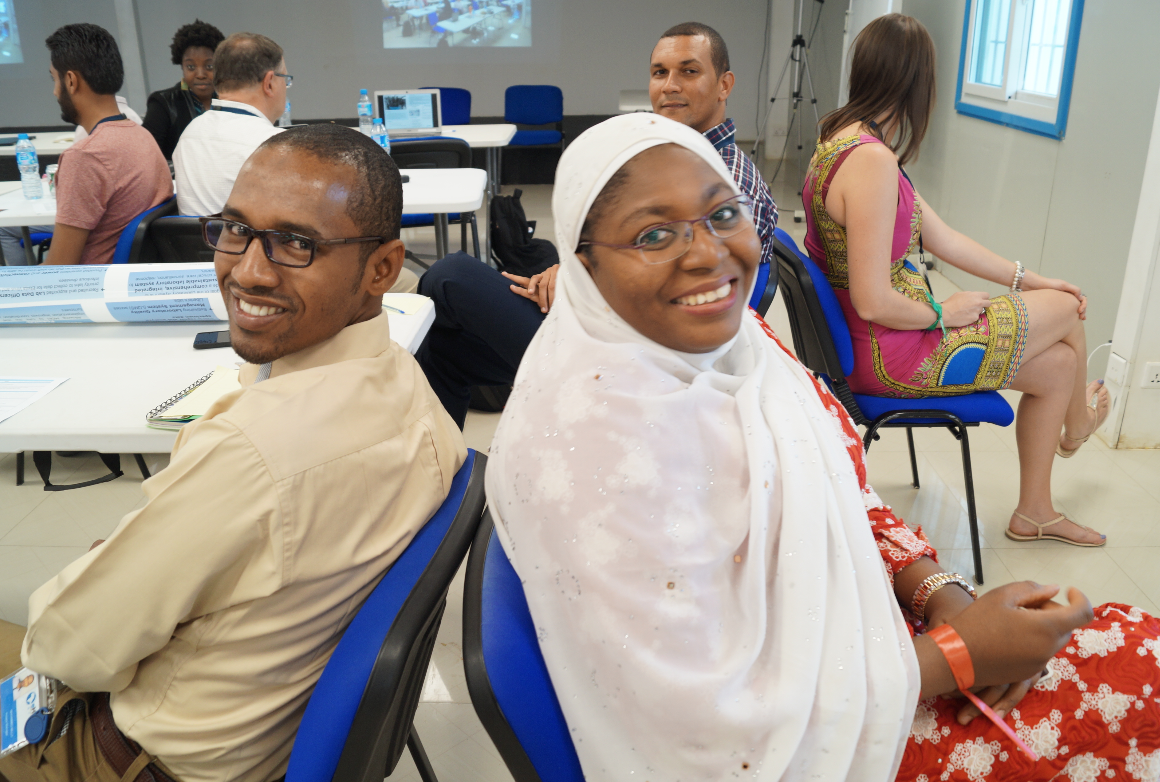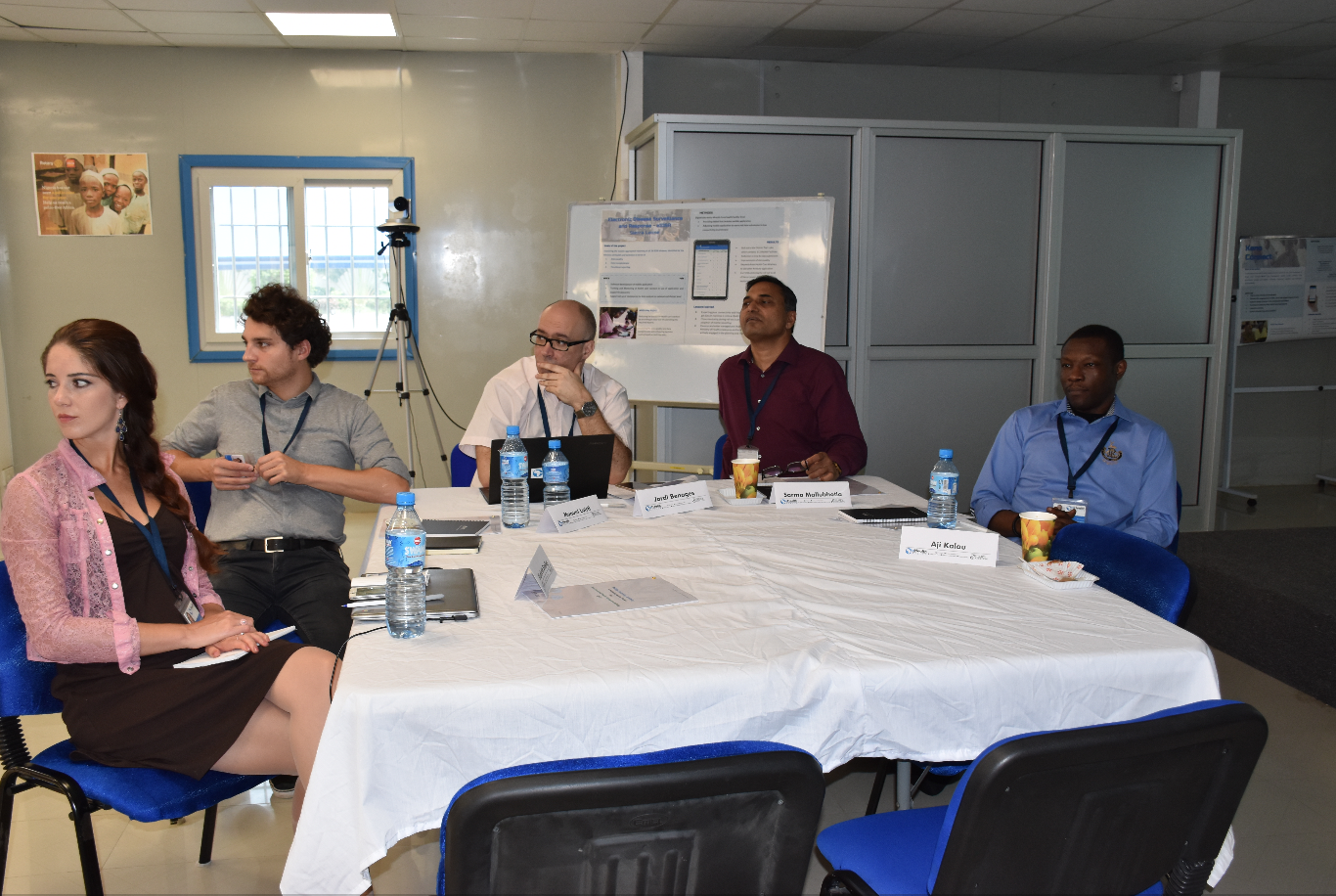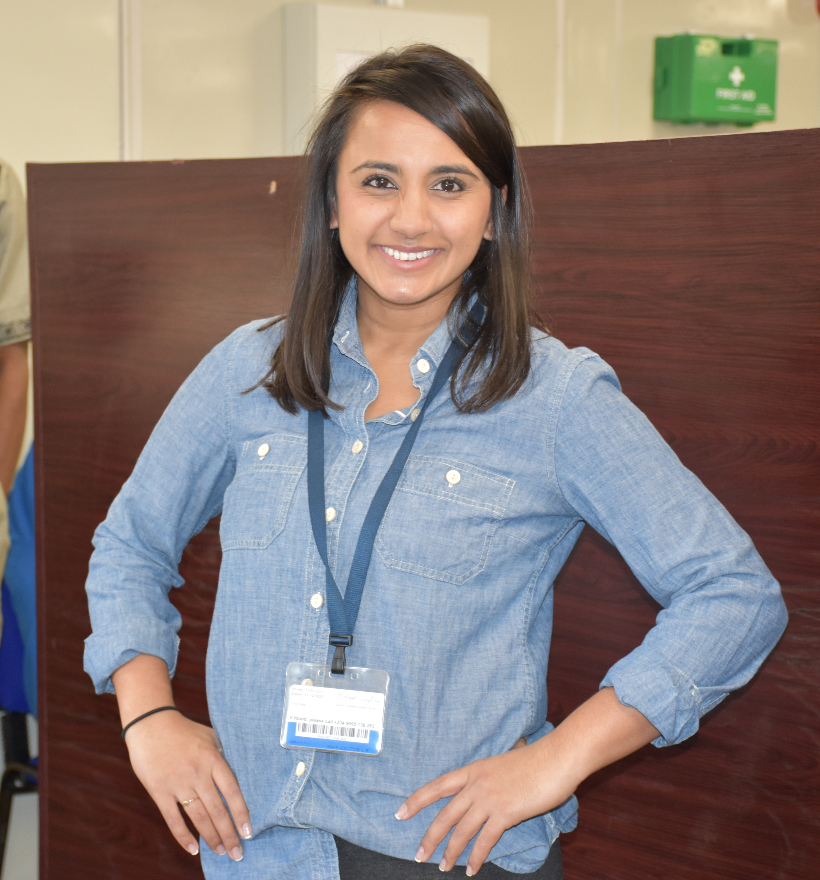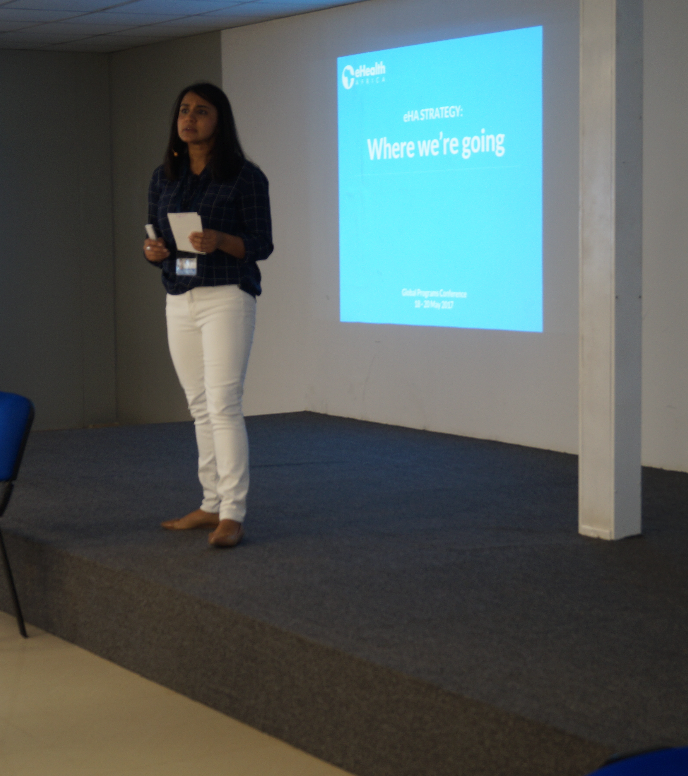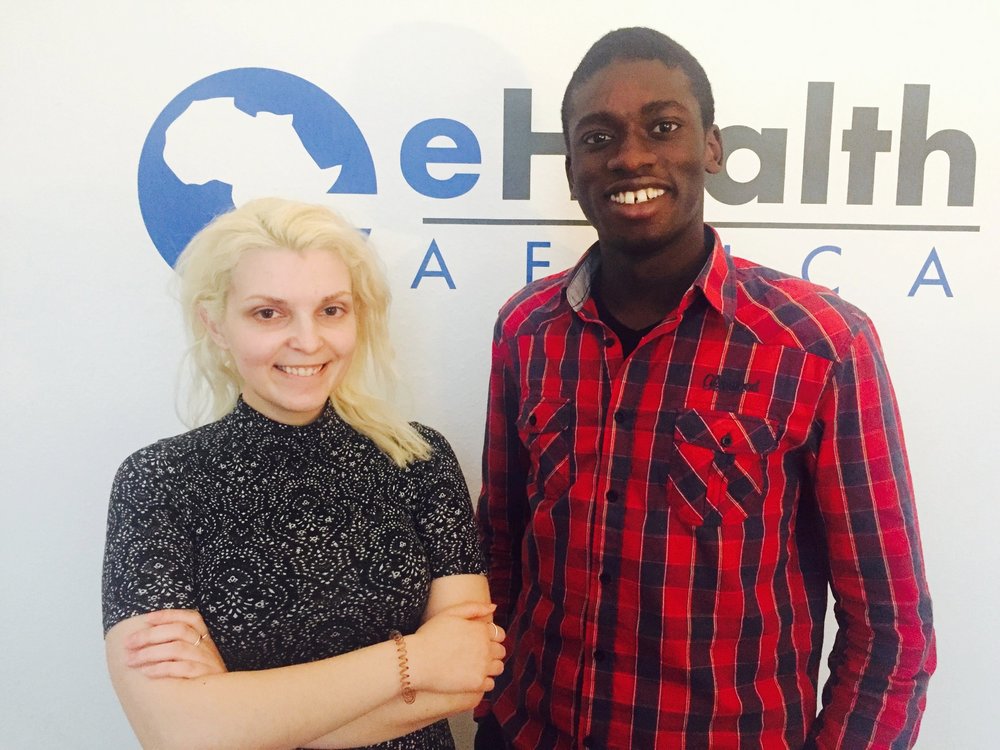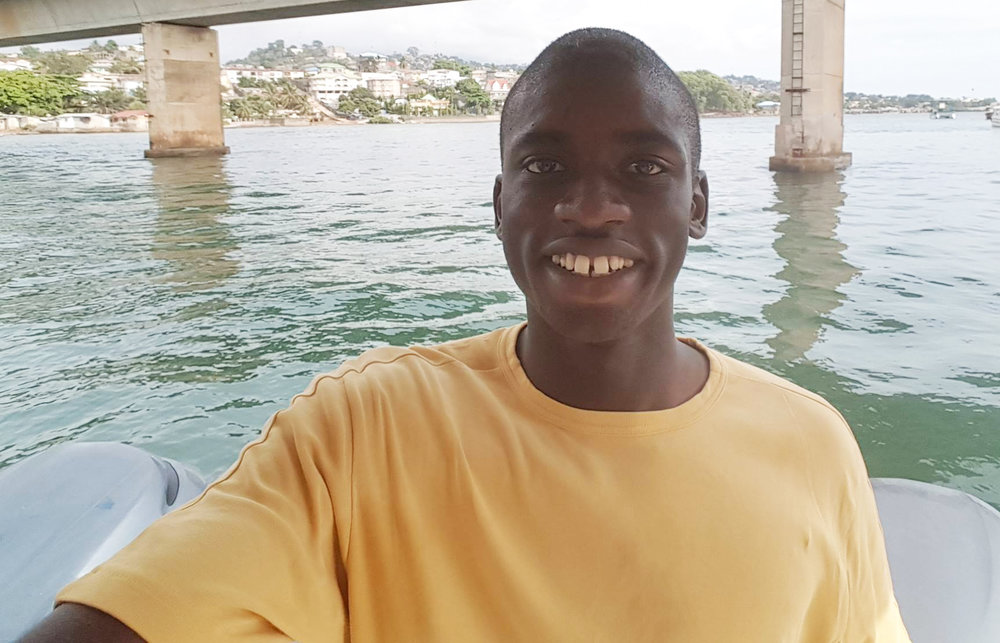By Musa Bernard Komeh and Uche Ajene
Through routine immunization programs, health workers bring life-saving vaccines to people around the world. At eHealth Africa, we work with our partners to increase vaccination rates in the countries we work in. In Sierra Leone, one of the ways we do this is via VaxTrac.
VaxTrac, is a clinic-based vaccination registry system which health workers can use in the field to enroll children and track their immunization records. It eliminates the need for paper-based cohort books, tally sheets, and monthly reporting forms and improves health workers accuracy and efficiency.
With the introduction of VaxTrac technology into the routine immunizations activity of Sierra Leone’s Western Area Urban, significant contribution has been made with a view to improving on quality, timely, and useful immunization data. eHA VaxTrac currently covers 50 health facilities including the biggest and only children’s referral hospital in Sierra Leone.
One of the key features of VaxTrac is that health workers can easily access information on defaulters which can be used for defaulter tracing activity during their outreach programs within the communities they serve. Priority areas within the Western Urban Area have been identified which will further strengthen processes and contribute to the success of the project. This was based on lessons learned and data collected from 2016-2017.
eHA further commits to:
Working closely with the District Health Management Team of Western Area Urban to ensure regular and more structured outreach programs that will target defaulters
Sharing of facility performance to in-charges so they know where improvement should be made to achieve higher coverage
Training of more health workers on the use of VaxTrac
Modifying of the VaxTrac software to increase user friendliness and usefulness.
“In 2017, a total of 39,101 children were registered on VaxTrac. We have plans for more efficient and impactful work in 2018.”
At eHA, we know #VaccinesWork and we look forward to successful outcomes with increased immunization coverage and a reduction in defaulter numbers.







